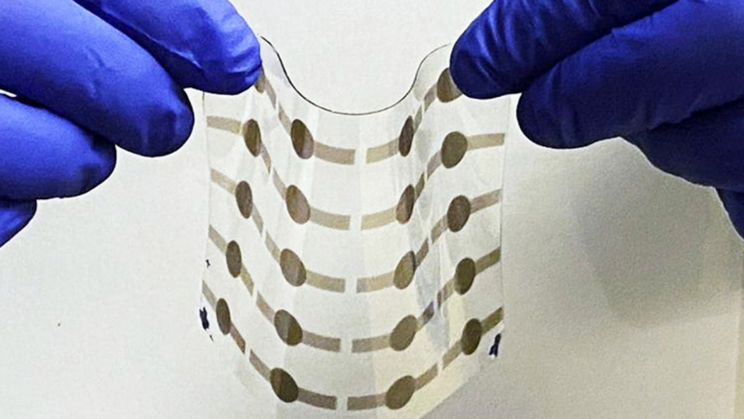Researchers discovered a genetic variant that not only can reduce the odds of developing Alzheimer’s disease by up to 70% but also can protect people from the disease.
The Alzheimer’s disease manifestations are the result of changes happening after the amyloid deposits appear. The protective variant removes toxic forms of amyloid from the brain. This discovery also shows the brain’s blood vessels play a large role in Alzheimer’s disease and opens a new direction in treatment.
The protective variant was identified in a gene that makes fibronectin, which is a component of the blood-brain barrier, a lining surrounding the brain’s blood vessels controlling the movement of substances in and out of the brain.
Normally, fibronectin is present in the blood-brain barrier in very minute amounts, in contrast, it is reported there’s an increase in large amounts in people with Alzheimer’s disease. The variant identified in the fibronectin gene can help to protect against Alzheimer’s disease as it prevents the buildup of excess fibronectin at the blood-brain barrier. The researchers also confirmed that hypothesis in a zebrafish and mouse model of Alzheimer’s disease.
Although the newest treatments for Alzheimer’s disease target the amyloid deposits directly, this way doesn’t improve symptoms or repair other damage by just simply removing the deposits. With the discovery of this variant in fibronectin, it may be a good target for drug development, which can clear amyloid much earlier and can be done through the bloodstream.
Moreover, the protective variant is also found in people who never developed symptoms but had inherited the e4 form of the APOE gene, significantly increasing the risk of developing Alzheimer’s disease.
To find protective mutations, the Columbia researchers and a group from Stanford and Washington universities sequenced the genomes of hundreds of APOEe4 carriers over age 70 of various ethnic backgrounds, including those with and without Alzheimer’s disease. As a result, they calculated that the mutation reduces the odds of developing Alzheimer’s in APOE4 carriers by 71% and forestalls the disease up to roughly 4 years in those who develop the disease.
Not only that, the fibronectin variant discovered in APOEe4 carriers could also protect against Alzheimer’s disease in people with other forms of APOE.







